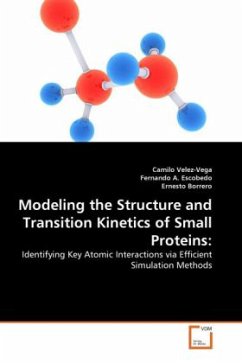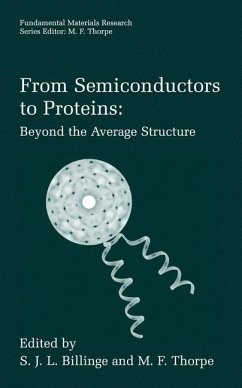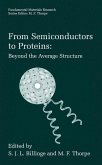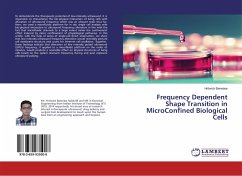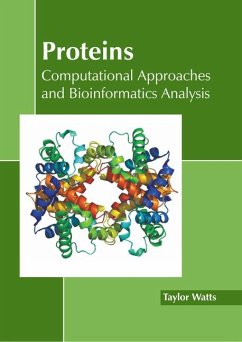Advances in hardware and molecular force fields have given a boost to computational studies of the thermodynamics and dynamics of small-protein transitions. Because these studies are still hampered by the vast amount of CPU time required, new sampling techniques are still needed. In this work, several schemes were developed and used to increase the simulation efficiency of various systems and give insights on their structure, kinetics and mechanism. Our studies focus on recognizing markers that assist in antibody design or lead to protein misfolding and aggregation. Concerning structural identification, we apply novel techniques based on the Replica Exchange Method to perform mutagenesis analyses on a llama VHH domain and on the Amyloid-b42 peptide. Regarding kinetic and mechanistic characterization, the application of optimization schemes of the Forward Flux Sampling Method is demonstrated by the study of structural transitions for the Alanine Dipeptide and the Tryptophan Cage protein. Our results are in good agreement with experimental studies and further characterize the pathways and transition states traversed in these transitions.
Bitte wählen Sie Ihr Anliegen aus.
Rechnungen
Retourenschein anfordern
Bestellstatus
Storno

